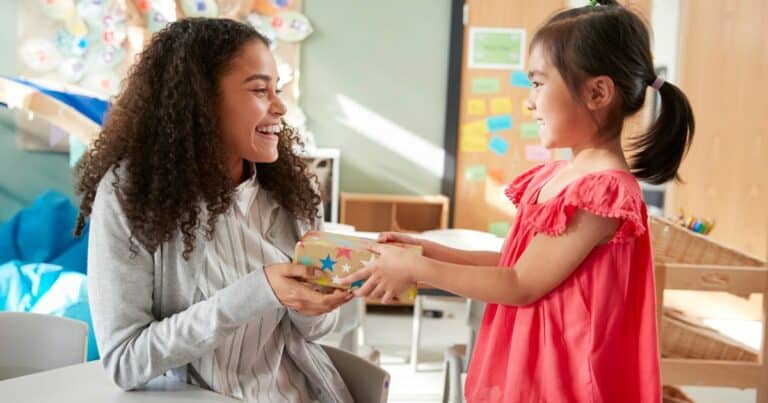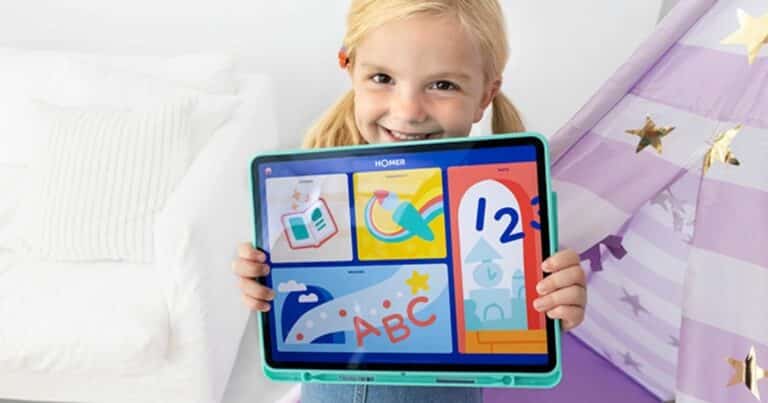
As parents and caregivers, we want our children to succeed in life. In particular, there can be a lot of anxiety about our children doing well in school. In part this is because academic achievement can often (but not always) be linked to future security and opportunities. School is also the first real social engagement many kids have outside of their home.
As a psychologist, I have worked with hundreds of children and families over the years, and I have to say, there are a couple of key questions or concerns that parents are focussed on when it comes to their kids and education, and it’s not all about arithmetic, reading and writing.
Early experiences in education can really set our kids up well in life. Although parents are worried about the educational success of their child (high grades, awards etc) it is not the practical and intellectual abilities of children that matter the most in education … just wait! Hear me out.
“It is not the practical and intellectual abilities of children that matter the most in education.”
Of course, these innate attributes of our children can create ease when learning, there are also a number of other key skills related to the emotional and social development of children that largely impact on their ability to actually engage with educational opportunities being offered.
There are some key values and skills we can help our kids develop to successfully navigate school, which may help to reduce anxiety and stress and also increase confidence that our kids will be able to manage the challenges that will arise as they engage in learning.
![]()
Further reading: 10 Back to school tips for separated and divorced parents.
The 4 most important values to help your child navigate school
1. EMPATHY
Empathy is the ability to “stand in someone else’s shoes” and essentially means the ability to understand another person’s perspective. In school, children need to learn to cooperate and also take note of others needs for the harmony of a group (i.e. classroom).
We teach empathy by:
- Modelling compassion and respect (walking the walk) towards our children and other people in our lives.
- Expand their circle of concern and get them thinking about and considering others. Donate your time or resources to local charities and talk about those impacted who need support. Lend a helping hand to a neighbour or loved one and talk to your child about the positive impact of your help. Really get them thinking about others needs outside of their help.
- Use language – narrate what you see and name the emotional experiences of others (including yourself and your child) to create learning opportunities ‘I can see Archie is really sad because he wanted to play with that toy’.
2. EMOTIONAL REGULATION
Emotional regulation refers to a person’s ability to understand, acknowledge and respond emotionally in socially appropriate ways. Sounds complicated, but it’s essentially the skills required to manage and express our emotions safely and adaptively. This is an essential skill needed in education settings.
In order for our children to learn they must be able to tolerate distress, calm/soothe themselves so that instead of being distracted (tantrums, avoidance etc) they can be focussed on learning. Children who can self-regulate are also more likely to have strong and mutually beneficial friendships because they are not lashing out, and are less focussed on meeting their own needs so they can consider the needs of others. Children who can understand and manage their emotions also demonstrate higher self-confidence and esteem.
We teach emotional regulation by:
- Helping our kids understand their emotions. Give children the words and language to describe their inner experiences. When a child understands and can match their inner experience to a feeling, or understand why they are feeling a particular emotion, they are better at identifying ways to cope and manage.
- Build up your child’s ability to cope with strong emotions by developing and practice key strategies for intense emotions, for example:
-
- Teach them how to do calm/relaxation breathing
- Redirect their physical energy (instead of lashing out) do star jumps or go for a run
- Teach them how to verbally share their emotions to others
- Help them identify what makes them feel better (reading a book, cuddling parents or a favourite toy, being outside)
-
3. PROBLEM SOLVING SKILLS
Teaching children how to problem solve increases creativity, gives them the ability to persist despite setbacks and work through challenges. It also increases their emotional resilience when they face a trial or are unsuccessful in their endeavours.
We can teach children to problem solve by:
- Asking them to identify the ‘hard part’ and then breaking it down into smaller, more achievable chunks or working out where a new skill or a sequence of steps can be taken to meet a goal.
- See if you can find a story or even TV show that demonstrates a similar problem and skill set required to solve the problem. Read or watch together and ask them questions and get them to reflect on what the main characters did to persist or find a way to address the problem.
- Modelling – narrate or say aloud your internal processing when you hit a stumbling block and try to work past it.
- Encourage them to ask for advice. It’s important that they don’t equate asking for help with failing or feeling ashamed.
- Don’t rush to provide the answer. We can be too quick at times to jump in and help our kids solve a problem. Give them more space to try it themselves first.
Important values to help your child navigate school (cont.)
4. CONFLICT RESOLUTION SKILLS
When they enter school, children become one in a group. This means their needs are often not ‘at the top of the heap’ and they need to (at times) coexist with others. Sometimes our kids struggle to share resources or attention, or in general find it hard to work with others when they don’t agree, have a clash in personality or attitude/belief. For this reason, it’s important to teach them how to work through conflict.
We can support them by:
- Teaching them how to communicate their needs in non-confrontational ways. A great formula is ‘I feel (insert feeling) when you (insert behaviour/issue they are struggling with) because (why this is the case), I would prefer (identify alternative or compromise)’.
“I feel upset when you take my toy away from me because it belongs to me. I would prefer if you asked first.”
- Model and share your own ways of managing conflict. When they hear you talking about how you communicated your needs or compromised, they are learning what acceptable ways of managing an argument are.
- Also make sure if you and your child disagree that you treat them respectfully. Come down to their level, don’t raise your voice, give them eye contact and use gentle language.
- Developing empathy and emotional regulation (as above) will also help them manage disappointment if they don’t get their way.
![]()
Independently these skills are all helpful, but combined will give your child a great start in education and will allow them to navigate the pressures of learning as well as the social expectations with confidence and compassion.













